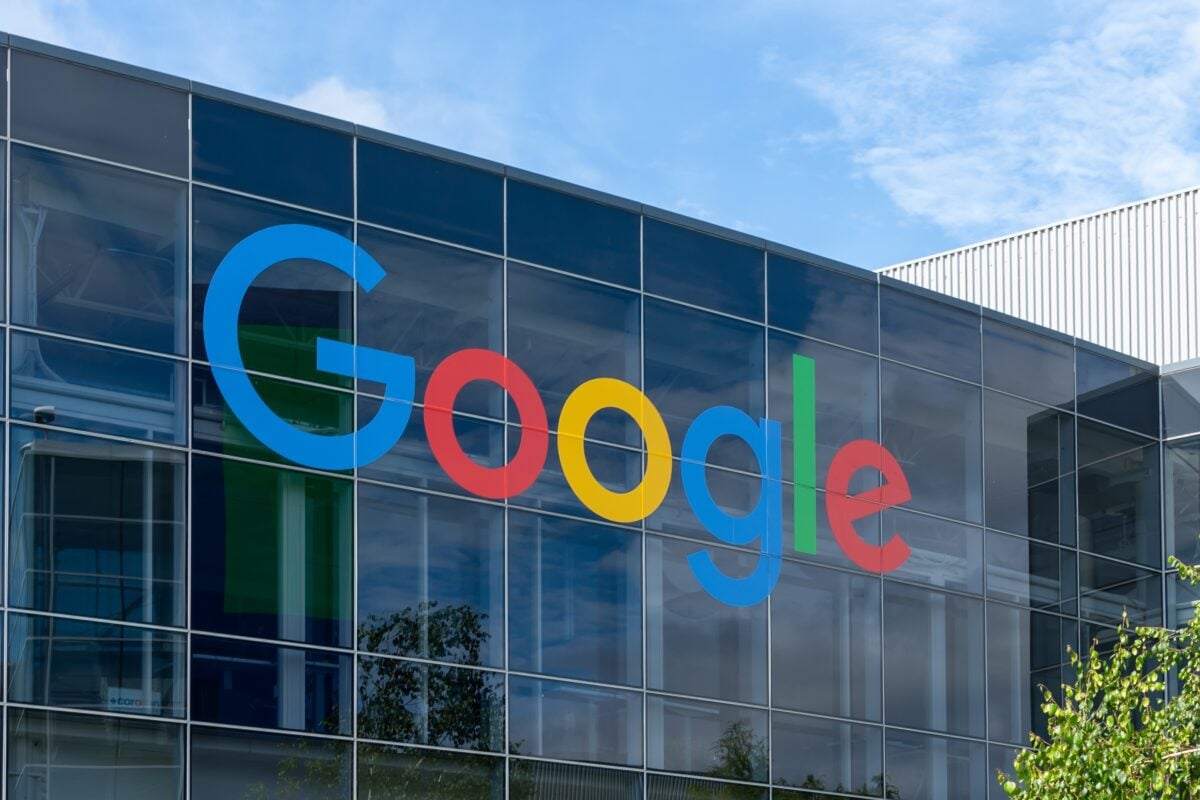TLDRs:
Contents
- Google has added new AI features to Chromebook Plus laptops that work directly on-device without relying on the cloud.
- Tools like screen-based selection, text simplification, and NotebookLM aim to boost productivity for students and professionals.
- The tech industry is shifting AI innovation from apps to devices, with hardware now tailored for local AI tasks.
- Adoption may be slow, as users need to adjust to new workflows and learn unfamiliar tools.
Google has taken a definitive turn in its artificial intelligence journey by embedding advanced AI tools directly into its Chromebook Plus line, signaling a shift from relying on cloud-based systems toward device-level intelligence.
Announced on Monday, this move places Google in direct competition with rivals like Microsoft, as the tech race for AI-powered productivity tools intensifies.
Local AI Tools Take Center Stage in Chromebook Evolution
At the heart of the new Chromebook Plus upgrades are locally processed AI features designed to improve productivity without constant cloud interaction.
Among them is a new screen-selection tool that functions similarly to Google Lens, allowing users to highlight content on the screen with ease and trigger instant actions such as web searches, calendar event creation, or text extraction. The tool works seamlessly through the screenshot feature or launcher key, positioning AI as a natural extension of the user interface.
As of today, the new @Lenovo Chromebook Plus 14 is available and comes with a whole suite of new AI features, including access to @NotebookLM directly from the shelf.
From web, to mobile, now to direct on desktops— where should we go next? 🗺️ pic.twitter.com/UgiUMA2uiH
— NotebookLM (@NotebookLM) June 23, 2025
Another standout is NotebookLM, Google’s AI-powered research and summarization tool, which is now more accessible across these devices. A text simplification function also allows users to digest complex information more quickly, making the Chromebook Plus particularly appealing for students, writers, and professionals juggling heavy information loads.
Productivity Arms Race Moves from Apps to Hardware
The AI hardware shift reflects a broader industry trend. For years, companies have focused on embedding AI into software tools, but the latest battlefront is clearly on the hardware side. Devices now feature dedicated neural processing units (NPUs) that can handle complex AI tasks without relying on remote servers. Google’s Chromebook Plus joins a growing list of laptops boasting this capability, such as models from ASUS and Lenovo that highlight their NPU performance in product marketing.
With AI features now requiring substantial on-device computing power, manufacturers are increasingly designing laptops around AI capabilities rather than treating them as software afterthoughts. This shift positions the Chromebook Plus not only as a budget-friendly alternative but also as a serious contender in the AI-first computing space.
Adoption Still Faces Human and Structural Challenges
Despite the promise, success with these AI features will hinge on user adoption. Research shows that while most large organizations intend to increase AI investment, only a small fraction have achieved mature implementation. Google’s new tools, like the “circle to search” function and smart text insertion, represent powerful enhancements, but they also demand new user behaviors and learning curves.
These features are promising in theory, but their full impact depends on how easily users integrate them into daily workflows. Like other platforms grappling with the gap between AI potential and practical results, Google must invest not just in innovation but in onboarding, education, and user-friendly design.
Google’s Broader AI Vision Comes into Focus
The Chromebook Plus upgrades align with Google’s wider strategy to lead in both consumer and enterprise AI. Just weeks before the hardware updates, Google Cloud teamed up with Digital Industry Singapore to help over 300 companies establish AI Centers of Excellence. That initiative, supported by significant financial incentives and technical guidance, shows Google’s commitment to bridging the AI adoption gap globally—not just in hardware, but in practice.
By embedding intelligent tools directly into everyday devices, Google is betting that convenience and accessibility will drive the next wave of AI adoption. Whether the gamble pays off may depend less on the sophistication of its models and more on how seamlessly they integrate into the routines of everyday users.


